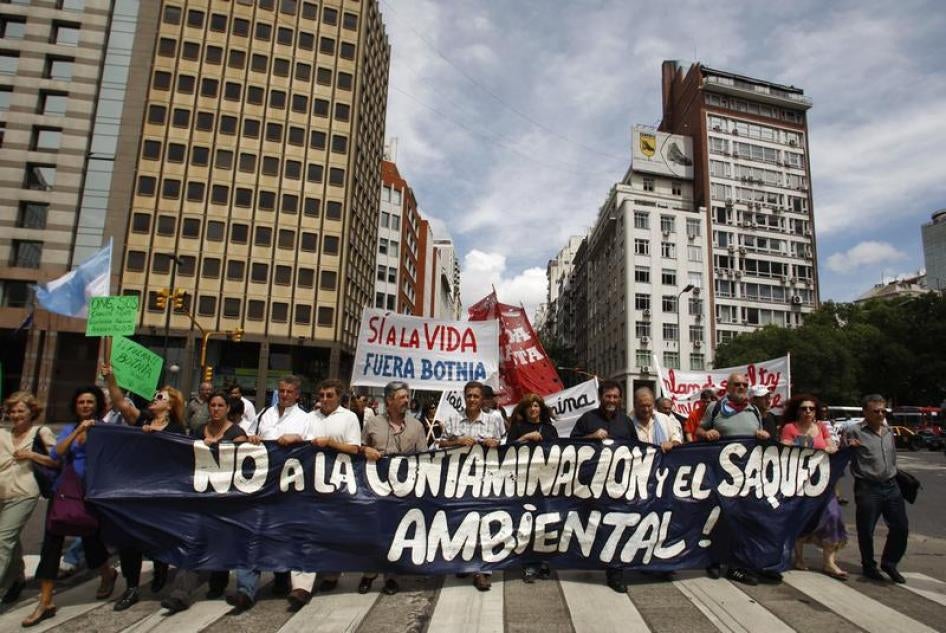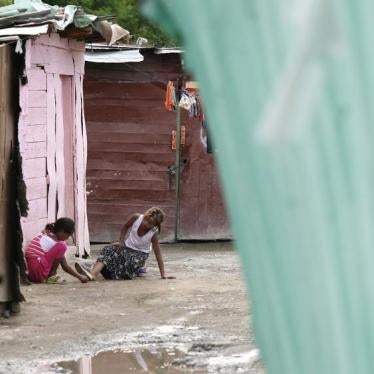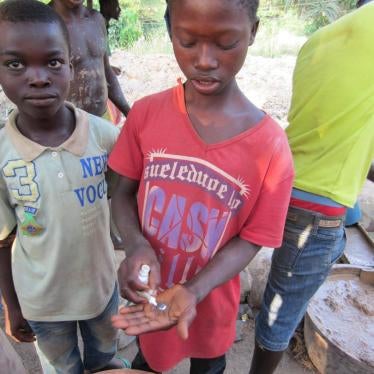On July 31, representatives of 24 Latin American and Caribbean countries will begin a week-long meeting in Buenos Aires to reach agreement on protecting the rights of millions of people confronting grave environmental challenges posed by economic development efforts across the region. The goal of the meeting is to set standards to prevent environmental damage and secure meaningful participation and access to justice for people who will be affected by economic projects.
Argentina faces serious environmental challenges, but it is one of the countries in the region that has developed a sophisticated body of environmental jurisprudence, from cases on mining and other industrial pollution to community water supplies.
An example is the Mendoza judgment, rendered by Argentina’s Supreme Court in July 2008, on the prevention and cleanup of contamination in the Matanza Riachuelo Basin affecting millions of people in Buenos Aires Province. The Court not only determined governmental responsibilities and time lines for environmental reparation, but it also ruled that nongovernmental organizations should be involved in monitoring how its decision was carried out.
Argentina’s experience leaves it well positioned to play a leading role in efforts to strengthen respect for environmental rights across the region. This week it will have a tremendous opportunity to do just that, as it assumes the presidency of the 7th negotiating meeting for the regional agreement on environmental rights.
The road to this week’s meeting began at the Rio +20 Sustainable Development Conference in 2012. At that global summit, 10 countries in the region embarked on a process toward a regional agreement affirming that people should have the right to information, participation and justice in environmental matters. These rights lie at the heart of sustainable development – that is, development that benefits the country while protecting its people and the environment. Today, 24 countries in Latin America and the Caribbean have joined the effort to address the dire problems faced by the millions of people who suffer from pollution and pressure on natural resources.
The move toward a regional agreement on environmental rights was also a response to the dramatic increase in environmental conflicts in the region. United Nations’ human rights expert Michel Forst has highlighted the dangers many people in the region face for defending the right to live in a healthy environment. He has noted that exploitation of natural resources that fails to address legitimate demands and concerns from local communities has led to threats, attacks, and murders of environmental defenders.
In 1992, the original Rio Earth Summit had proclaimed environmental rights as the centerpiece of a sustainable development path based on a process of informed and participatory dialogue. This process depends on respect for people’s civil and political rights. Democracy is strengthened with respect for the freedom of association that creates a vigilant civil society. Access to information is an essential component of environmental protection. But there is a marked distance between theory and practice in the region.
The countries negotiating the regional agreement on environmental rights had anticipated concluding their work by 2017, but the task has turned out to be harder than expected. So the meeting in Buenos Aires faces a challenge: to increase the negotiation’s speed without lowering standards.
The agreement needs to allow informed participation in environmental decision-making by guaranteeing the public’s right to environmental information, with only the narrowest exemptions to disclosure. The agreement also needs to ensure informed participation in the environmental permitting of investment projects.
The agreement is also expected to remove obstacles to environmental justice, including those linked to financial costs and the burden of proof. The agreement should also recognize that environmental protection is in the general interest of society and allow anyone to initiate legal action for its protection.
Argentina’s job at this conference won’t be easy, with some countries resisting being bound by regional standards for a high level of public participation in development projects. But as many countries in the region have learned, they need to protect both their natural resources and the health and well-being of their citizens before it is too late.
Marcos A Orellana is the environment and human rights director at Human Rights Watch.









